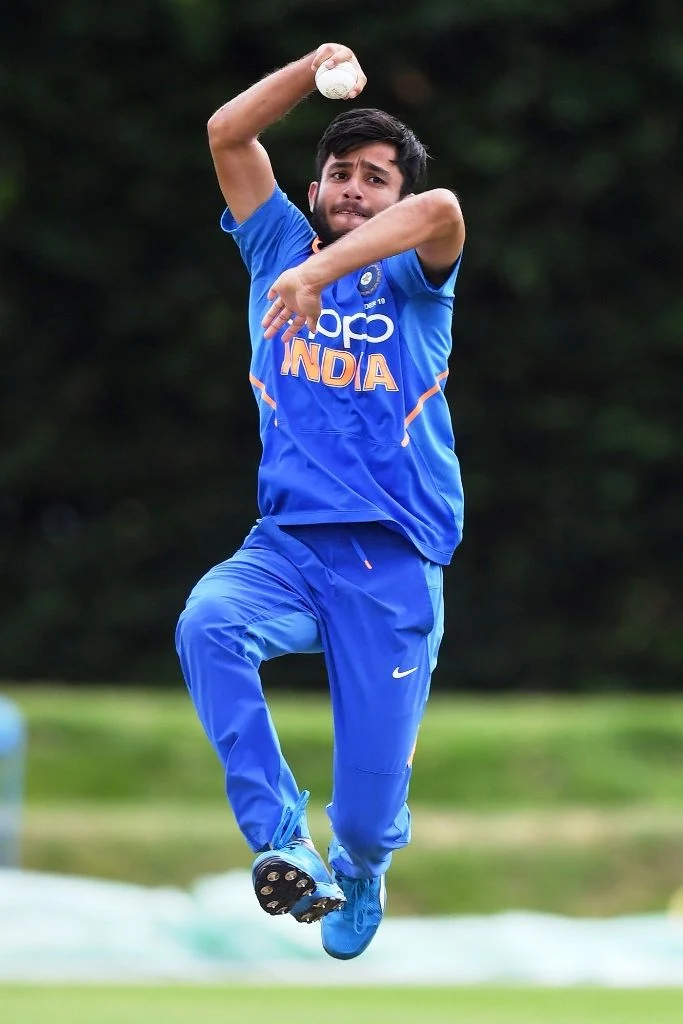Indian Commentator Aakash Chopra has highlighted that Arshdeep Singh failed to live up to his expectations in the first T20I between India and Ireland. Arshdeep Singh recorded figures of 1/35 from four overs, conceding 22 runs in the final over of the innings as Ireland set India a target of 140 in Dublin on Friday, August 18. The Men in Blue eventually registered a slender two-run lead. Won by the DLS method when the match was abandoned due to rain, while they were 47/2 after 6.5 overs.
“Arshdeep got only one wicket. Personally, Arshdeep disappointed me a little. I felt he would wreak havoc on this pitch but that did not happen and he got hit in the end as well. I am talking in the context. Arshdeep conceded 35 runs in four overs, so you shouldn’t say he got hit too much.”
“Washington Sundar bowled three overs and went wicketless. There was a partnership developed when he was bowling. If you have to get the best from Washi, you have to give him the new ball because he does not have that much craft to pick up wickets in the middle overs.”

“As Soon As You Play Him Across The Line, He Hits The Ball On The Pads Or The Stumps” – Aakash Chopra Lauds Ravi Bishnoi’s Spell
On the other hand, Aakash Chopra praised Ravi Bishnoi for his excellent bowling. He saw:
“Ravi Bishnoi – I like this bowler a lot. He bowls within the three stumps. He is playing in Ireland, the Irish won’t play spin that well, and as soon as you play him across the line, he hits the ball on the pads or the stumps.”
The cricketer-turned-commentator believes that the wrist spinner can be a long-term prospect for India in T20I cricket if handled properly. They said:
“He showed that by doing it not once but twice. He is a quality bowler, a wicket-taker, and I feel he will have a long career in T20s. If he is used well, he is an asset, without a shadow of doubt.”
Ravi Bishnoi registered figures of 2/23 from his four overs. He first dismissed Paul Stirling and then trapped Mark Adair in front of the wickets, with the third umpire overturning the original not-out decision of the on-field












